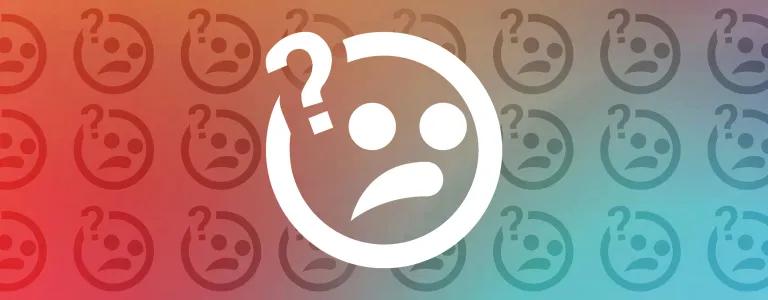
Quiz: Money Matters
Money. Dough. Readies. Whatever you like to call it, we all need it. And whether you’re yet to start earning, or you fancy yourself as the next crypto king, the more clued up you are on the basics the better it is for your wallet, your credit rating, and your wellbeing.

So, from the minimum wage to personal allowances and doing your taxes… do you know what’s what when it comes to your personal finances?
QUESTIONS
1) What is the minimum wage in the UK for 18–20 year olds?
A) £5.89
B) £7.49
C) £9.99
2) “It makes no difference if you pay off your credit card balance in full.” Is that statement true or false?
TRUE
FALSE
3) “Checking my credit score lowers my credit score.” Is that thought true or false?
TRUE
FALSE
4) How old do you need to be to get a credit card in the UK?
A) 14
B) 16
C) 18
5) How old do you need to be to get a debit card in the UK?
A) 11
B) 13
C) 15
6) If you’re an employee, will tax automatically be deducted from your salary?
YES
NO
7) How much is the standard ‘Personal Allowance’?
The personal allowance is how much you can earn before you start paying income tax.
A) £5,550
B) £12,570
C) £20,000
8) If you’re self-employed, do you pay National Insurance?
YES
NO

ANSWERS
1) The answer is B: £7.49.
From 1 April ‘23, the minimum wage for 18-20 year olds is £7.49. This rate rises with age — for example, for 21–22 year olds it’s £10.18.
2) The answer is ‘FALSE’.
Paying off your balance in full can have a positive impact on your credit score.
3) The answer is ‘FALSE’.
Checking your credit score does not affect your credit score — however, it is important to check it the right way. You can find out more info about this here.
4) The answer is C.
You have to be 18 or over to apply for a credit card in the UK.
5) The answer is A.
You have to be 11 years old to apply for a debit card in the UK.
6) The answer is ‘YES’.
In the UK, most employees pay their income tax through the Pay As You Earn (PAYE) system, which means that tax is automatically deducted from their salary each month.
If you're self-employed, you’ll pay income tax on your trading profits rather than on your total income. (To calculate your trading profit, simply deduct your business expenses from your total income.)
7) The answer is B: £12,570.
In the 2022–23 tax year, this is the amount you can earn before you start paying tax.
8) The answer is ‘YES’.
Most self-employed people will pay National Insurance Contributions (NICs), and the amount they pay will depend on the amount of profit that they make.



